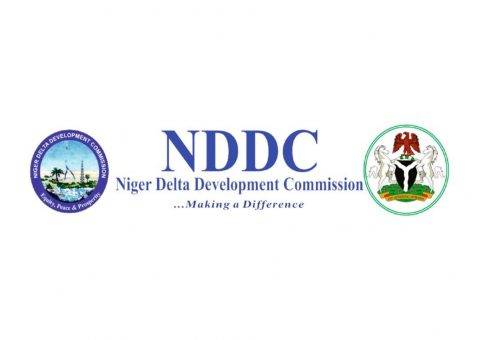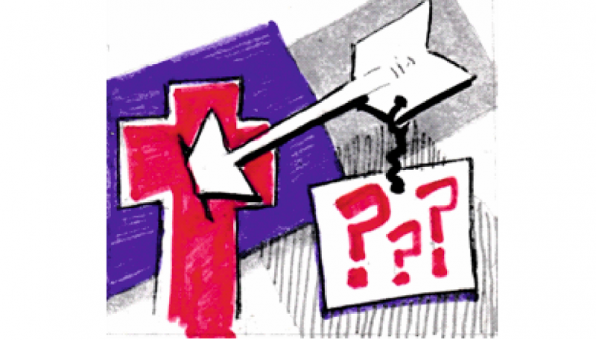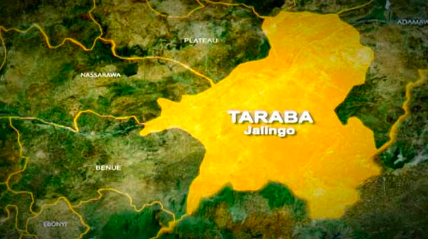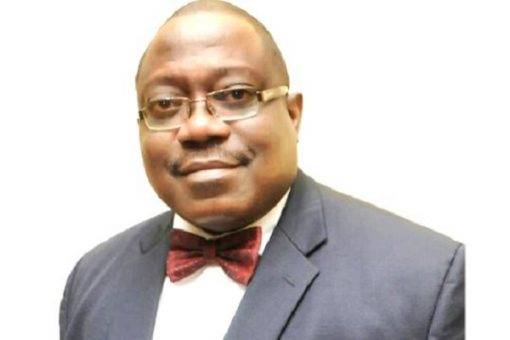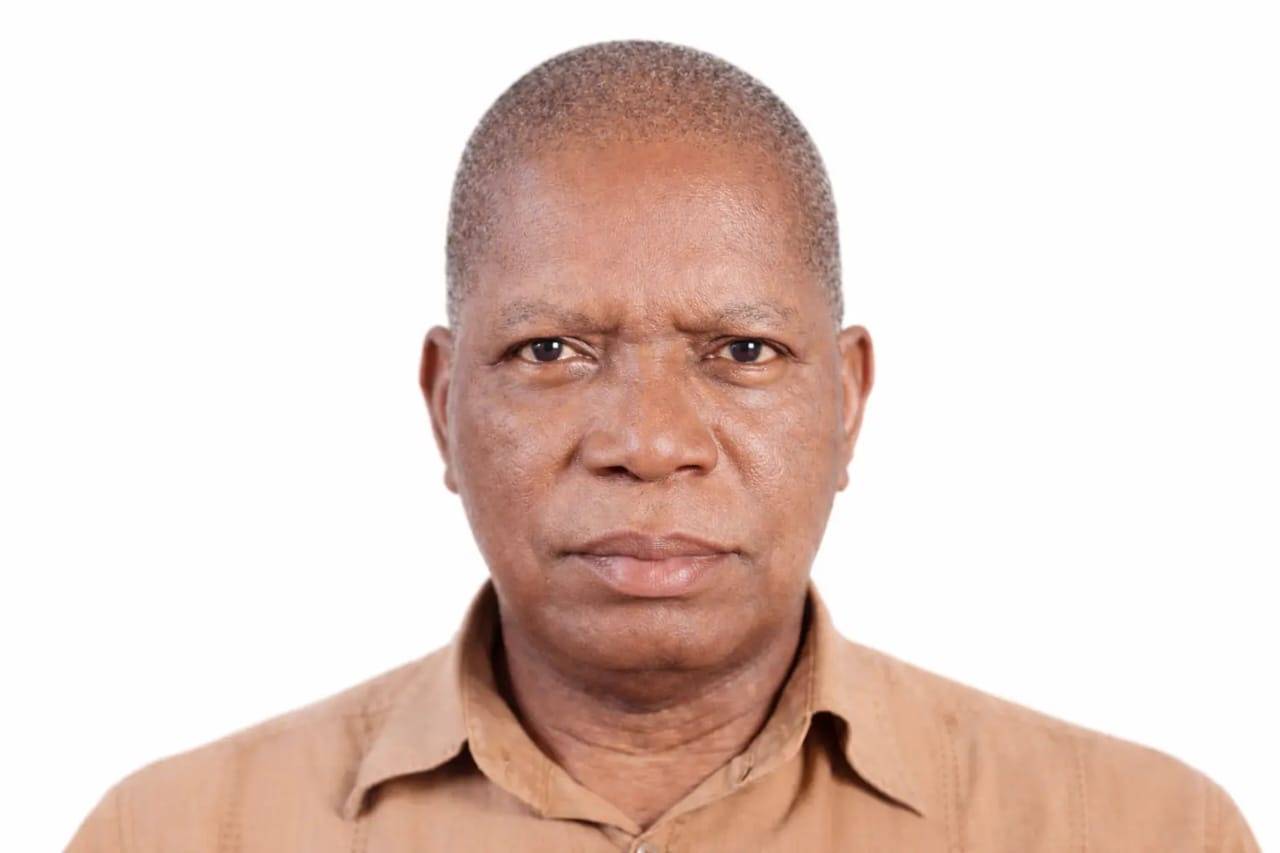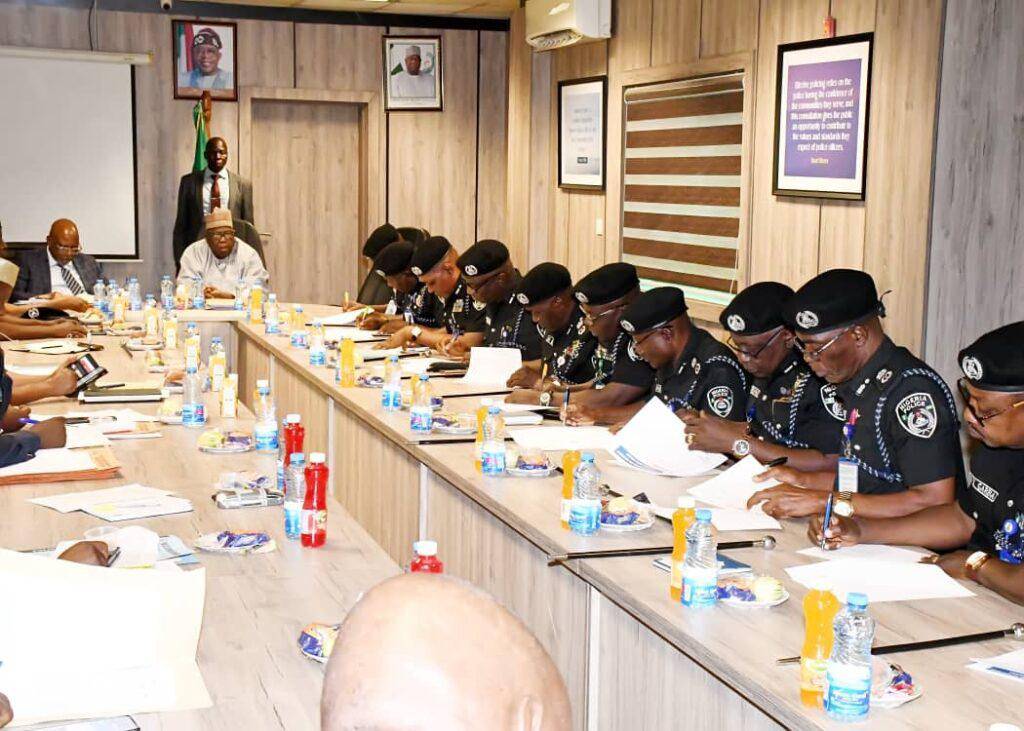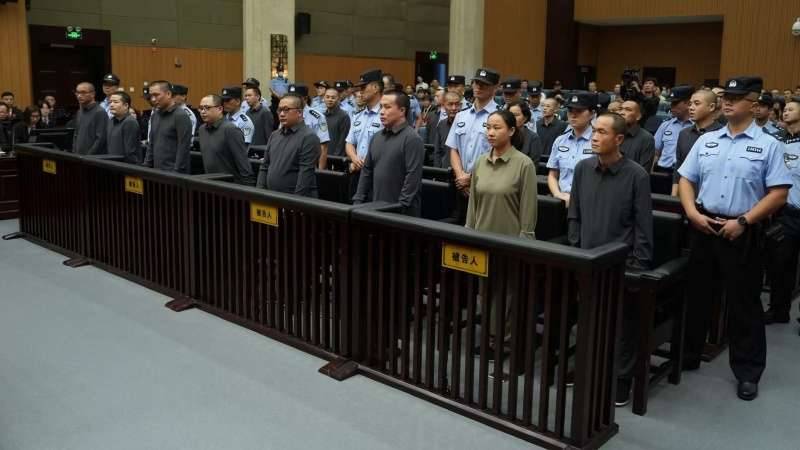By Femi Macaulay
Controversy about an unreleased forensic audit report marred the 25th anniversary celebration of the Niger Delta Development Commission (NDDC). Interestingly, Minister of the Federal Capital Territory (FCT) Nyesom Wike had drawn attention to the yet-to-be-released report while making corruption-related allegations against the wife of a former minister of transportation under the Muhammadu Buhari administration, Rotimi Amaechi. He claimed she was linked to a company that allegedly received N4bn monthly from the NDDC supposedly for training women in the Niger Delta—totalling N48bn per year.
Wike, who spoke in a television interview on July 4, also alleged that implicated individuals in the previous administration blocked the report’s release. He urged President Bola Tinubu to “help Nigerians” by releasing the report.
As if on cue, the Socio-Economic Rights and Accountability Project (SERAP), in a letter dated July 5, demanded that President Tinubu should order an investigation of the alleged blocking of the report’s release, stating, “your government has a constitutional responsibility to publish it and act upon its recommendations.” SERAP argued that “The continued failure to publish the audit report undermines public trust and confidence, particularly of victims of corruption in the Niger Delta who have waited far too long for justice and accountability.”
The non-governmental and non-profit organisation, founded in Nigeria in 2004, “aims to use human rights law to encourage the government and others to address developmental and human rights challenges such as corruption, poverty, inequality and discrimination.”
When ex-President Buhari, in October 2019, ordered a forensic audit of the agency’s operations from 2001 to 2019, the move suggested that his administration’s anti-corruption campaign had finally reached the NDDC.
At the time, the Federal Government had lamented the “uncompleted and unverified development projects” in the region “in spite of the huge resources made available to uplift the living standards of the citizens.”
The government had said there were “over 13,777 projects, the execution of which is substantially compromised,” even though the commission got “approximately N6tn” from “budgetary allocation” and “income from statutory and non-statutory sources,” from 2001 to 2019.
The audit was reported to have started in April 2020. The Federal Executive Council (FEC) approved a contract of N318m for the engagement of a lead consultant for the audit. It was curious that the exercise took well over a year.
After a long delay, the Federal Government received the NDDC forensic audit report in September 2021. According to reports, among the recommendations, presented by the Lead Forensic Auditor, Tabir Ahmed, was that the NDDC should be made to operate within the limits of its annual budget and ensure that only projects budgeted for are awarded each fiscal year.
The audit report also recommended that mobilisation payment be abolished, and the agency should employ project consultants to ensure accurate supervision and valuation of projects. Additionally, the report recommended that the agency should adopt a standard for costing contracts with appropriate profit margins.
The Federal Government had said it “will apply the law to remedy the deficiencies outlined in the audit report as appropriate.” The government added: “This will include but not be limited to the initiation of criminal investigations, prosecution, recovery of funds not properly utilised for the public purposes for which they were meant for amongst others.” The goal is to improve the standard of living of the people of the Niger Delta “through the provision of adequate infrastructural and socio-economic development,” the government said.
Four years later, it is unsurprising that the non-release and non-implementation of the audit report is an explosive issue. After the tough talk of the Buhari administration, there is no sign that the Federal Government meant what it said. It is unclear whether the delay in implementing the report is because those implicated in the underdevelopment of the Niger Delta are trying to prevent the government from taking action against them.
The Tinubu administration needs to demonstrate that it is against the region’s underdevelopment by implementing the report. There is no doubt that the NDDC, established in 2000 by the President Olusegun Obasanjo administration, has failed to develop the Niger Delta as expected. Ironically, it is supposed to be a development agency, but has been identified as a major agent of underdevelopment in the oil-rich region.
For instance, SERAP’s letter said “The missing N6 trillion and over 13,000 abandoned projects in the Niger Delta have continued to have a negative impact on the human rights of Nigerians, undermining their access to basic public goods and services, such as education, healthcare, and regular and uninterrupted electricity supply.”
The first commercial oil discovery in the country happened in Oloibiri in present-day Bayelsa State, in 1956; and the first oil field began production in 1958. More than six decades later, the story of underdevelopment in the Niger Delta is a continuing story. Nigeria is a major producer of oil in Africa and the world. It is inexcusable that many communities in the region that produces the country’s oil wealth reflect not only a lack of prosperity but also perplexing poverty.
Significantly, at an event to mark NDDC’s landmark 25th anniversary in Port Harcourt, Rivers State, on July 12, the Director of the World Trade Organisation (WTO), Dr Ngozi Okonjo-Iweala, noted that “Over N7tn has been sunk into the NDDC since inception. How many solid roads have you built? The Niger Delta still ranks low on human development. A lot needs to be done to meet the aspirations of the people.”
At the same ceremony, President Tinubu, represented by the Secretary to the Government of the Federation (SGF), George Akume, described the Niger Delta as “the goose that lays the golden egg,” stating he had directed the NDDC “to complete and deliver abandoned critical projects” and “continue to prioritise human capital development.”
It is puzzling that the Federal Government has not addressed the question of non-release and non-implementation of the NDDC forensic audit report, which is an issue of public interest. The government must not pretend to be unaware of the issue. It may be accused of covering up corruption.
In the context of releasing and implementing the audit report, the Federal Government must prosecute corruption suspects and recover the proceeds of corruption not only to ensure justice but also to achieve deterrence.


